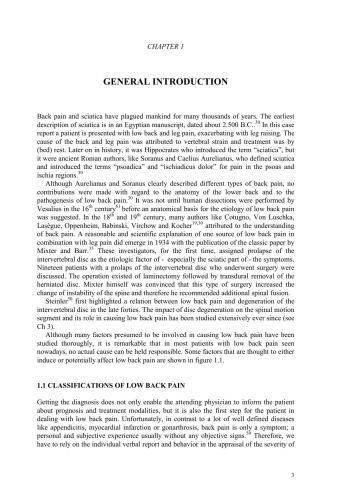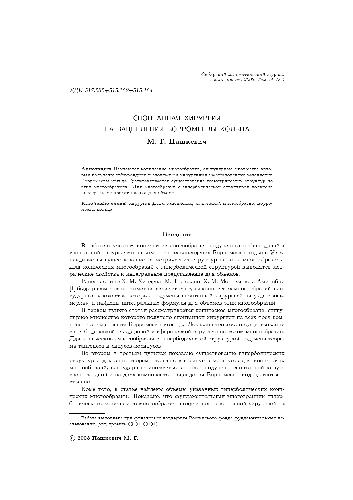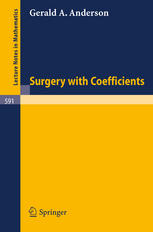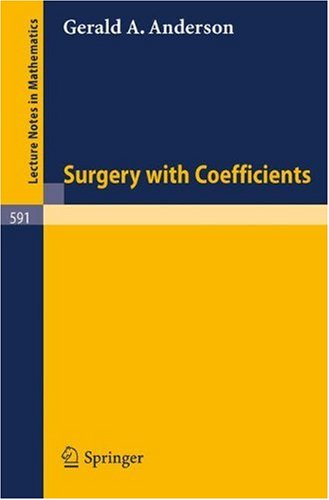Maarten H.
Although low back pain has been reported since many centimes, tins complex entity of pathophysiological, biomechanical, psychological and social factors, in fact, can be considered as a post- World War II phenomenon in Western society. The total number of people reported suffering from low back pain has increased exponentially since 1945. Currently- the inability to work as a result of low back pain appears to be socially accepted and the costs of unemployment compensation are rising to incredible extents. In The Netherlands, in 1991, the total costs involved were estimated at 1.7% of the Gross National Product. The majority of payments are attributed to people suffering from chronic disablmg low back pain.Over the years, many studies, both basic and clinical, have been conducted auning at understanding the pathophysiological mechanisms underlying chronic disabling low back pain. Several factors appear to be involved to some extent but an over-all satisfying pathogenic theory has not been presented yet. The lack of understanding about the importance of each factor involved and moreover then mutual interaction renders the development of a scientifically based therapeutic regimen futile. On a ”try and error” base a wide variety of treatment modalities both non-invasive and invasive is (still) being applied to affected people. Although mostly without satisfying result, the persistence of this variety of treatments further underlines this conclusion.By means of literature-, experunental-. and clinical studies we try to add to better insights in the mechanisms leading to severely disabling chronic low back pain and its current and future (surgical) management. The major part of this study includmg the patient analysis and treatment, and the lab investigations on disc innervation have been performed at the Leiden University Medical Center. Department of Neurosurgery. | |







Reviews
There are no reviews yet.